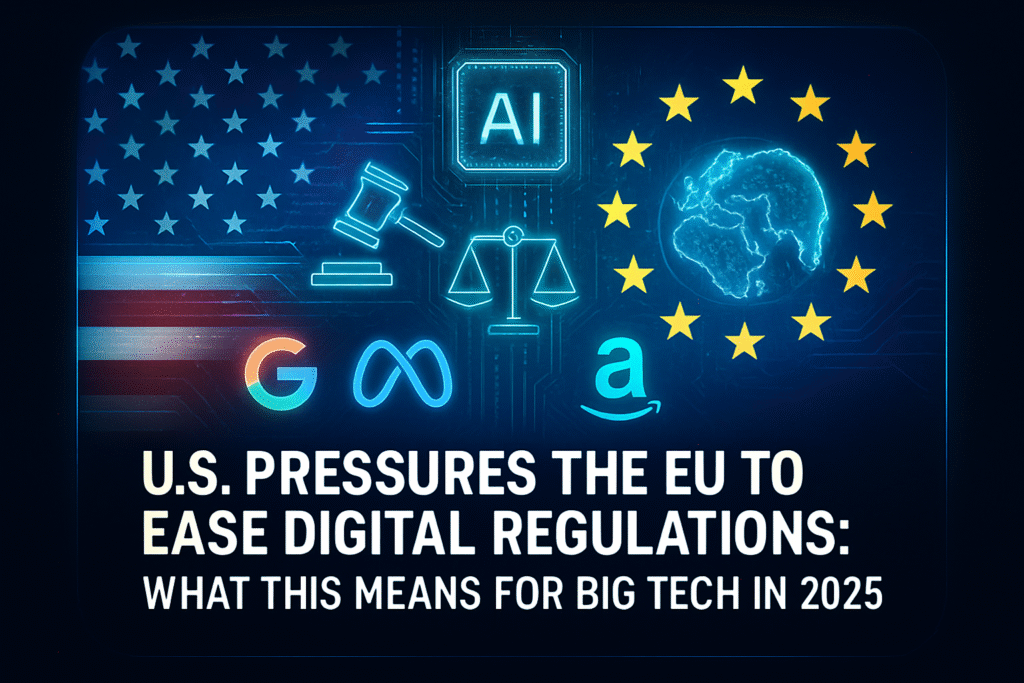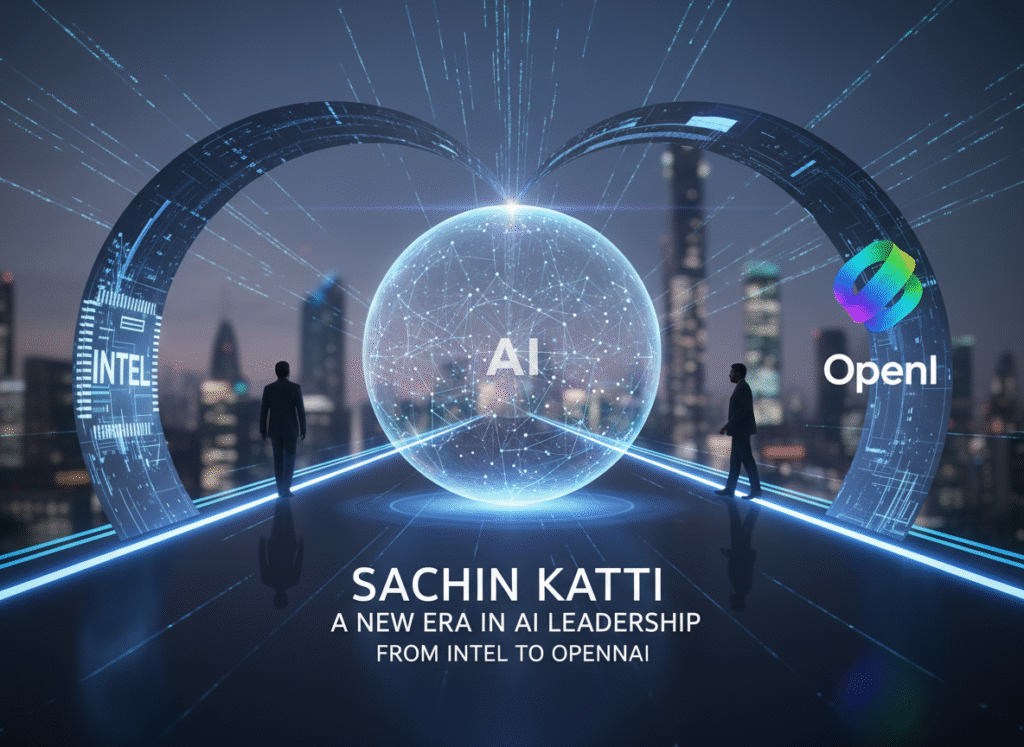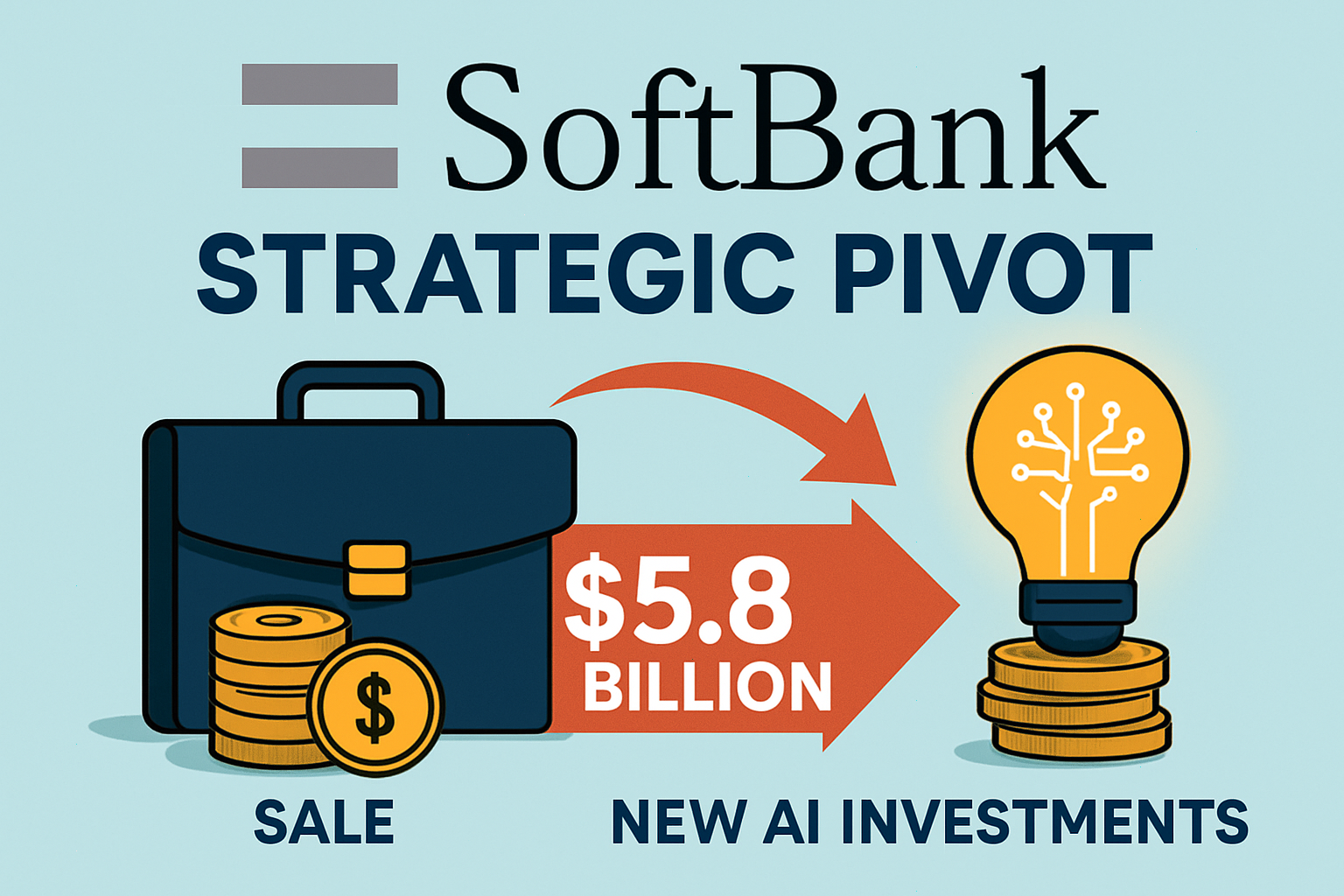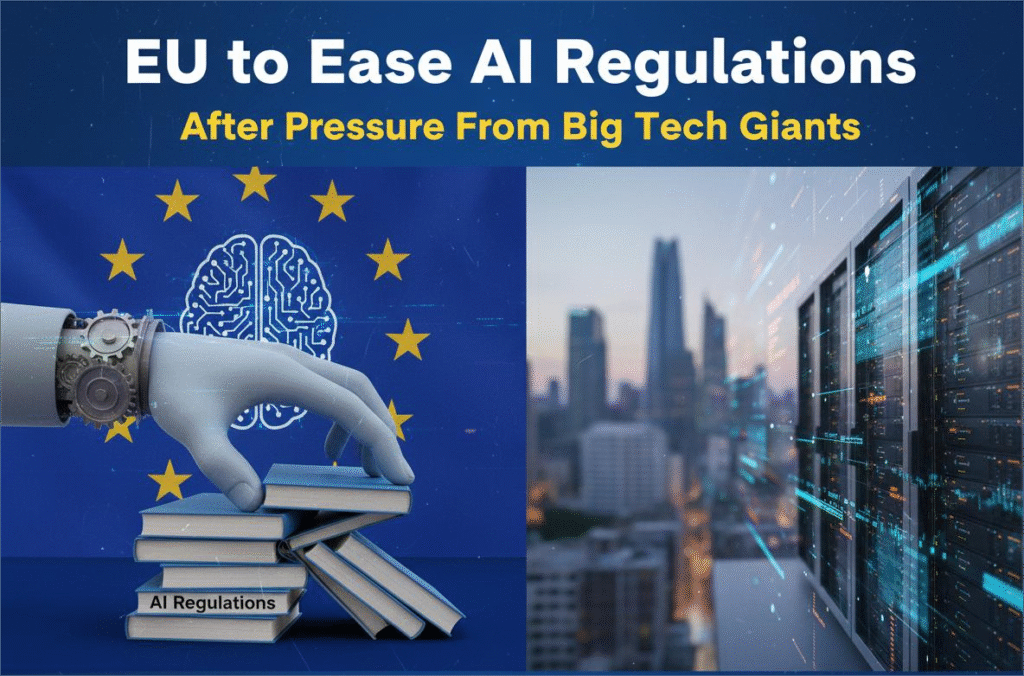
Artificial intelligence is transforming industries, revolutionizing workflows, and redefining human interaction with technology. But in the UK, alarm bells are ringing about its unchecked growth and exclusionary impacts, particularly on vulnerable and marginalized communities.
Government and Watchdog Concerns
A recent report from the UK Equality and Human Rights Commission (EHRC) reveals growing anxiety among British policymakers and human rights advocates regarding how AI technologies are being deployed without adequate safeguards. The watchdog emphasizes that AI systems are often designed and implemented without sufficient consideration for elderly individuals, ethnic minorities, disabled people, and economically disadvantaged groups.
“AI has the potential to advance society, but if left unregulated, it risks deepening existing inequalities,” said Baroness Kishwer Falkner, Chair of the EHRC.
Biased Algorithms and Systemic Exclusion
At the heart of the concern is the inherent bias in many AI algorithms, largely due to training data that underrepresents certain populations. For instance, automated decision-making tools used in recruitment, credit scoring, and healthcare have shown a tendency to discriminate against people with disabilities or non-white backgrounds.
A 2024 case study highlighted how an AI-powered hiring tool used by a UK firm disproportionately rejected applicants with non-British sounding names, even when qualifications matched. Such examples illustrate how digital discrimination is silently taking root, often without the creators realizing it.
Lack of Inclusive Design
The UK government is now facing increasing pressure to demand that AI systems be developed with inclusivity in mind from the start. Activists argue that most AI tools are built by homogenous teams that lack insight into the lived experiences of marginalized groups. This leads to:
- Poor accessibility for users with disabilities
- Inadequate language or cultural understanding
- Biases in facial recognition for darker skin tones
- Disregard for neurodivergent behavior patterns in surveillance systems
Government Response and New Guidelines
In response to the growing concerns, the UK Department for Science, Innovation and Technology (DSIT) has pledged to work on a “Trustworthy AI Framework”, aiming to guide developers toward more ethical, fair, and inclusive AI design.
Key proposals include:
- Mandatory bias audits for public-sector AI tools
- Diversity requirements in AI development teams
- Stronger enforcement of the Equality Act in digital technologies
- Transparency obligations for AI decision-making processes
These regulations, expected to be outlined later in 2025, may set a precedent for other democracies concerned about AI fairness and accountability.
Public Reaction and Industry Pushback
While civil rights organizations have welcomed the government’s shift, parts of the tech industry argue that overregulation could stifle innovation. Startups in particular warn that increased compliance burdens may deter AI research in the UK.
Still, public sentiment is leaning toward greater accountability, especially after high-profile AI-related controversies. A recent survey by Ipsos UK showed that 67% of Brits believe AI should be more tightly regulated, with 72% supporting laws that ensure AI does not disadvantage vulnerable populations.
What’s Next for Inclusive AI?
The conversation around inclusive AI is far from over. The UK is entering a critical phase where it must balance innovation with responsibility. Experts say that unless deliberate steps are taken to address exclusion now, the divide between digital “haves” and “have-nots” will only deepen.
Final Thoughts
AI can be a powerful equalizer—but only when it is designed for everyone. The UK’s concerns shine a light on a global issue: ensuring that technology serves society, not just the privileged few. As regulation begins to catch up, businesses, developers, and policymakers must collaborate to make AI fair, inclusive, and human-centered.





